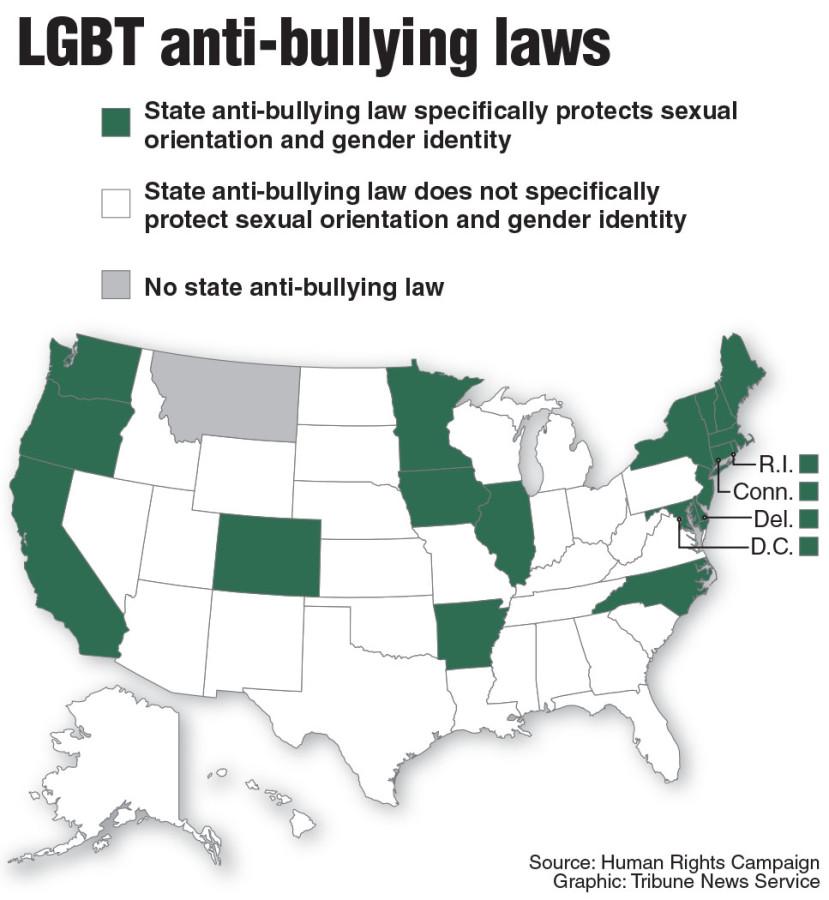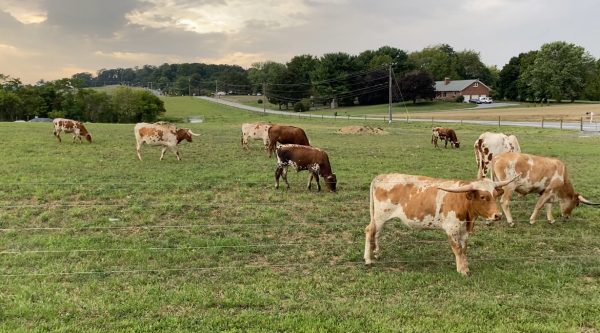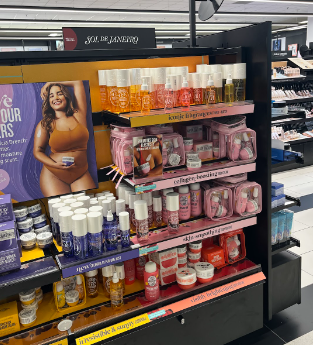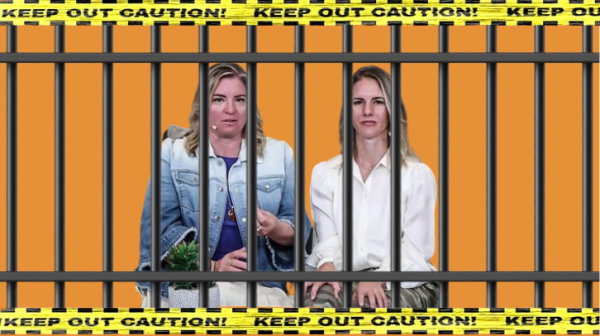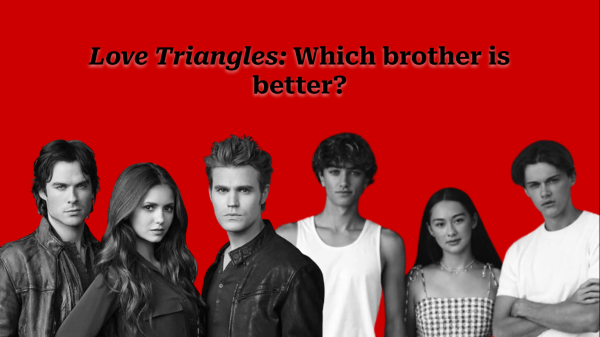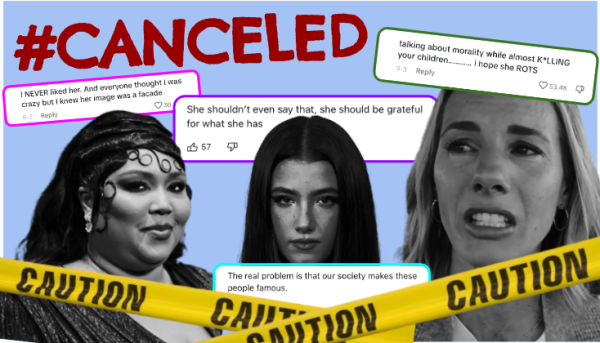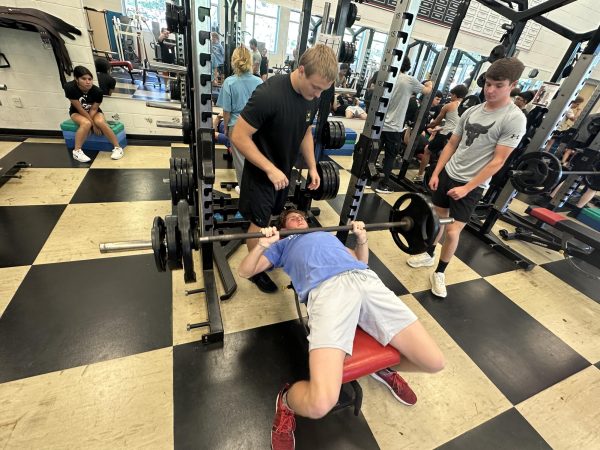We need LGBT education in high school
Map of states providing anti-bullying laws provided by MCT campus.
November 3, 2015
LGBT stands for lesbian, gay, bisexual, and transgender community. In the past few years, especially with the legalization of same sex marriage due to the Obergefell v. Hodges case, more people are becoming accepting of the LGBT community. It is important for teens to learn and understand more about this frequently bullied and misunderstood group. But how much are we actually taught about the community in school?
The basic health class curriculum is nine-weeks long and consists of health and wellness, nutrition, mental health, drugs, CPR, and family life. Sexuality and gender identity are not studied at all. It’s time that should change.
The FCPS Family Life Advisory committee has input in determining what is taught in the family life unit of the health course.
Ms. Andrea Poffinberger, health teacher, said, “My personal opinion is that we should be talking a lot more about various topics within Health Courses.” She wants the whole curriculum to improve.
“Any curriculum can be improved by addressing all students in the classroom. Specialists and counselors are collaborating to align resources and plan strategies to provide accurate information to our teachers and students,” the Secondary Health Education and Physical Education Specialist, Brian Griffith, said.
If health classes were teaching about the LGBT community not only do they provide more information for students but also make students part of the LGBT feel involved and accepted.
It’s important for teens to have information on this issue because it’s important for us to understand those around us. Many people don’t understand different sexualities and gender identities, and this can lead to mistreatment and bullying. Oftentimes kids will treat other kids poorly merely because they don’t understand the way they are. LGBT teens are two to three times more likely to attempt suicide than straight teens who don’t experience the mistreatment. The Human Rights Campaign did a study that shows 42% of LGBT teens live in a hostile environment where they are not accepted. That’s nearly half of LGBT teens who are not being treated with the kindness they deserve.
Even cartoon shows are teaching more about sexualities and gender identities than public education systems are. Shows like the popular Steven Universe are teaching a lot about different sexualities. On IMDb it’s rated 8.2/10 from 5,299 people. The show not only has had a lesbian family as minor characters, but two main characters, Ruby and Sapphire, are also lesbian. The staff of the show have confirmed that the two are in a relationship. They even fuse together to form a character called Garnet, which essentially is the embodiment of their relationship which Garnet says, “You are not one person, and you are not two people. You are an experience” and “I am their fury, I am their patience, I am a conversation.”
Another one of the main characters, Pearl, is also a lesbian who is grieving for her now deceased friend, Rose Quartz. Pearl expresses this multiple times when she says, “Everything I ever did, I did for her, and now she’s gone. But I’m still here,” and Pearl dedicates a whole song, “Do it for Her” to Rose Quartz in the episode “Sworn to the Sword.”
It’s disappointing that children’s television is teaching more about the LGBT community than schools are. The peer help that people in the LGBT community have at this school is the GSA. The GSA, Gay Straight Alliance, is a club at LHS for people who are either in or support the LGBT community. In the club they share common frustrations and fears due to being part of the LGBT community. It is a good way for people to get informed on the subject and to better understand it.
“We have the largest GSA club out of all the Frederick County Public Schools,” Ms. Dillon said during the most recent GSA meeting.
However, most students who join the GSA are people who already understand different sexualities and gender identities because they themselves aren’t straight, or they have friends who aren’t. So most students still don’t get properly educated on the subject, and this needs to be changed. Even though there is access to this information through the Internet, many students could learn more in school. That’s why our schools need to open up and start teaching about the subject.
Surprisingly Maryland is very progressive when it comes to health education since not all states even require it at all. As of January 2015, 27 states didn’t require any health education at all. Many states also do not have anti-bullying laws to protect those of different sexual orientation. Alabama, Arizona, Louisiana, Mississippi, Oklahoma, South Carolina, Texas, and Utah have No Homo Promo laws that state teachers can not speak about the LGBT community in a positive manner. Missouri and South Dakota also have laws that prohibit enumeration meaning that laws to protect LGBT students from being bullied are prohibited. This essentially means that if you lived in one of these states and went to school there, you could see someone being bullied for their sexuality and you couldn’t do anything about it.
“FCPS is striving to make schools a safe and welcoming experience for each student. The Family Life Advisory Committee continuously examines curriculum throughout the school year and might define sexuality. Any changes to current practice will be presented to the Board of Education for approval,” Brian Griffith said.
It’s time that all states start accepting people for who they are. Gay marriage is already legalized in the entire United States, but we still have a long way to go on the road to acceptance, especially in education.


